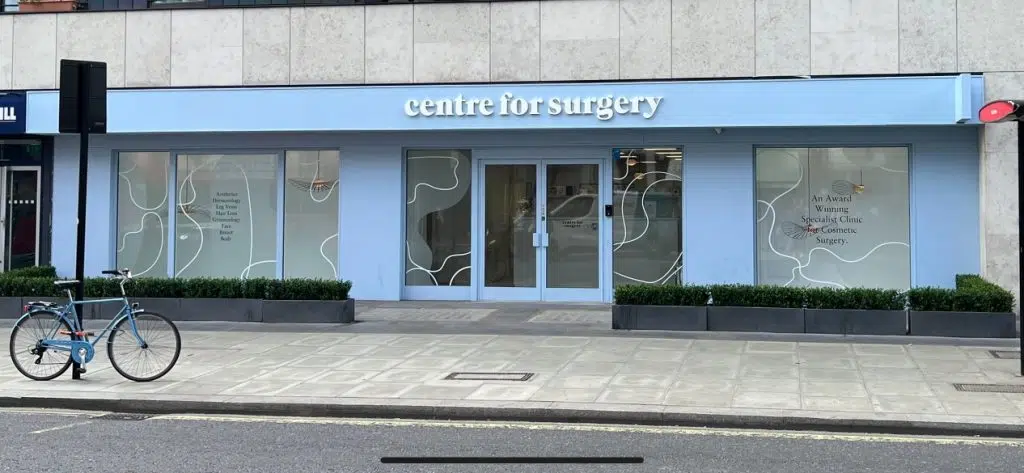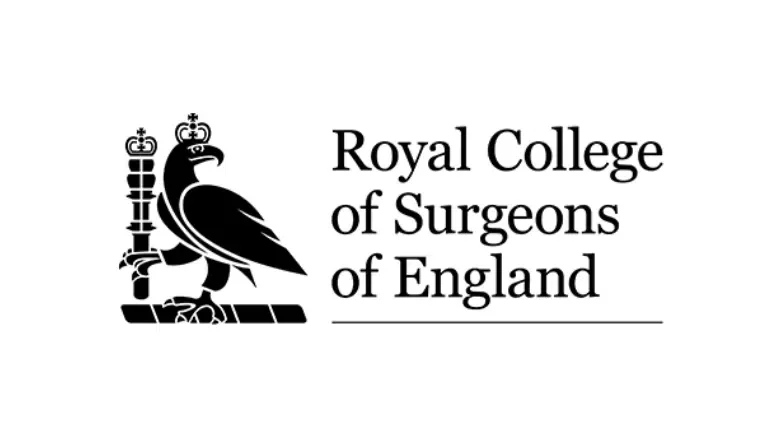Modern facelift surgery has evolved significantly over the last 10 to 15 years, with many improvements to both the safety and effectiveness of the procedure. A facelift is one of the most popular procedures in the UK, and for good reason. It can produce impressive facial rejuvenation effects to help enhance your facial features. The key aspect of any cosmetic surgery, including a facelift, is to improve upon and enhance existing physical characteristics to make you both look and feel better for a massive boost in self-confidence.
RELATED: What is the best age for a facelift?
One of the important things to be aware of with any cosmetic surgery is that the results can be affected by certain changes to the body, including significant weight loss or weight gain, pregnancy and breastfeeding, as well as the natural ageing process. For people who may have been exploring the potential benefits of a facelift and if it is suitable for them, we often get asked how to maintain the dramatic results of a facelift for the long term. If you would like to learn how, then read on.
What is a facelift?
A facelift is a transformative procedure that can make people look at least ten years younger when performed correctly. Several factors contribute to the appearance of facial ageing, including excessive sunlight exposure, loss of skin hydration, decreased collagen production, the natural ageing process and the effects of gravity. All of these factors can contribute to the development of fine lines and wrinkles, loose skin, deflated cheeks and cumulative skin damage resulting in hyperpigmentation, age spots and seborrhoeic keratosis.
When patients maintain a healthy lifestyle after a mini facelift, facelift results can be considered permanent. Although the natural ageing process will gradually affect the results over time, people who have had a facelift will age less extensively compared with those who have not had surgery. At your consultation, you will have the opportunity to view a wide range of facelift before and after photos to get an idea of how the procedure can benefit you.
RELATED: Is a facelift worth it?
Top tips for maintaining facelift results
The key to maintaining facelift results is to make sure you look after your skin, and the following top tips will help you to look younger and more refreshed in the long term.
Avoid smoking
Smoking can contribute significantly to the ageing process, and we would recommend stopping smoking sooner rather than later. Not only will your skin see an improvement, but your heart and lung health will also improve. Stopping smoking will help your skin regain its natural elasticity and tone. Smokers will be asked to stop smoking at least six weeks before and after facelift surgery, as smoking can increase the risk of impaired wound healing, which may lead to wound breakdown or wound infection. Having a facelift could be the ideal opportunity to quit smoking for good.
Having a regular skincare routine before and after your facelift
Maintaining a consistent home skincare routine using medical-grade skincare products is vitally important. Having a good skincare routine before facelift surgery may help the surgeon tailor the procedure to your needs and requirements, and you should certainly practice good skincare after the procedure. Here at Centre for Surgery, our aesthetic practitioners use high-quality cosmeceutical skincare products and will advise you on the best ones to use both before and after your procedure. Many products are specifically aimed at patients who have had facial rejuvenation surgery.
We are commonly asked about the best product to maintain facelift results. We like to keep up-to-date with the latest developments in skin science to help provide our patients with truly amazing surgical results that can be maintained long-term with excellent skin care products. Healthy skin needs to be regularly maintained, and ideal skincare products should replenish and renew the basic building blocks of the skin as well as help to stimulate the key structural components of skin, such as collagen and elastin, which are responsible for conferring skin elasticity.
Avoid excessive sunlight exposure after a facelift
Avoiding excessive sunlight exposure cannot be emphasised enough. Regardless of your skincare routine, you should make sure you apply appropriate sunscreen to your face if you do go out in public soon after your facelift procedure. You should wear sunscreen SPF 30 or higher as this helps to protect the skin from the unwanted effects of UV radiation.
Although being out in the sun can help to enhance emotional well-being, the skin is particularly sensitive to the effects of strong sunlight. It can have a damaging effect and cause dehydration of the skin. Dehydrated skin is more likely to develop fine lines and wrinkles. Hyperpigmentation, including age spots, is also more common in those who spend large amounts of time in the sun. The risk of skin cancer increases significantly, with melanoma having high incidence rates in sun worshippers. You should also bear in mind that applying sunscreen is not just something to be considered in the summer months. UV radiation and sun damage can occur at any time of the year, so it is best to be liberal with the application of sunscreen.
Enhance the results of your facelift with cosmetic injections
We recommend non-invasive cosmetic injection treatments to maintain your facelift results in combination with a good home skincare routine. Anti-wrinkle injections and dermal fillers have fantastic results when used after facelift surgery and are often combined with laser to get rid of pigmentation or redness.
Dermal fillers are ideal for maintaining soft tissue volume and hydration and may help stimulate collagen production. Collagen is responsible for maintaining the elasticity of the skin. Anti-wrinkle injections can help to soften fine lines and wrinkles and is highly effective when combined with intense pulse light to treat mild sun damage or skin discolouration from the effects of the sun.
Eat healthy foods and keep well hydrated
What you eat can significantly impact the maintenance of facelift results over time. Focus on foods that are high in protein and low in saturated fats. Omega-3 fatty acids, commonly found in foods such as salmon, help maintain your skin’s hydration.
Foods rich in zinc, including nuts, will help maintain a smooth skin texture. Vitamin C-containing foods include many types of citric acid-containing fruit, such as oranges and lemons, and will help to strengthen the immune system. Vitamin E is commonly found in many types of seeds and has antioxidant properties, which help to protect the skin from damage. Berries are also rich in antioxidants and will help reduce the impact of skin damage over time.
Drinking plenty of water helps to maintain skin hydration. Dehydrated skin is more likely to develop fine lines and wrinkles. We recommend drinking at least eight glasses of water daily to minimise the effects of the facial ageing process.
Book a facelift consultation at Centre for Surgery
The important thing to bear in mind is that facelift surgery can last for over ten years and is considered permanent as long as patients maintain a healthy lifestyle and adopt healthy eating habits. If you want to learn more about facelift surgery and how it can benefit you, call us today at 0207 993 4849 or complete the contact form below to schedule a face-to-face consultation at our state-of-the-art Baker Street clinic in Marylebone.
RELATED: How much does a facelift cost?










